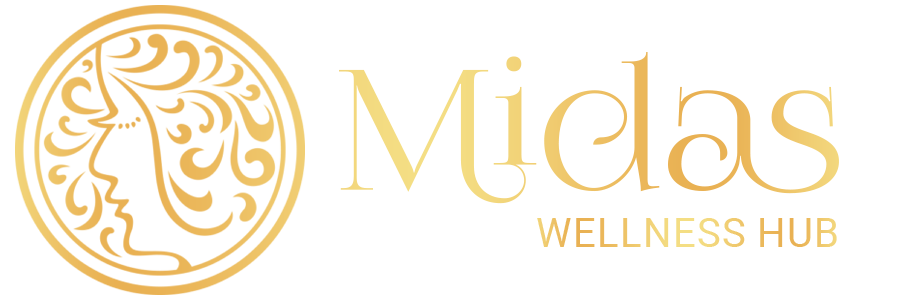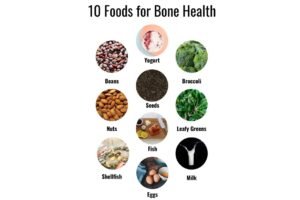
Bone Aches After 30? How Functional Medicine and Diet Can Strengthen Women’s Bones
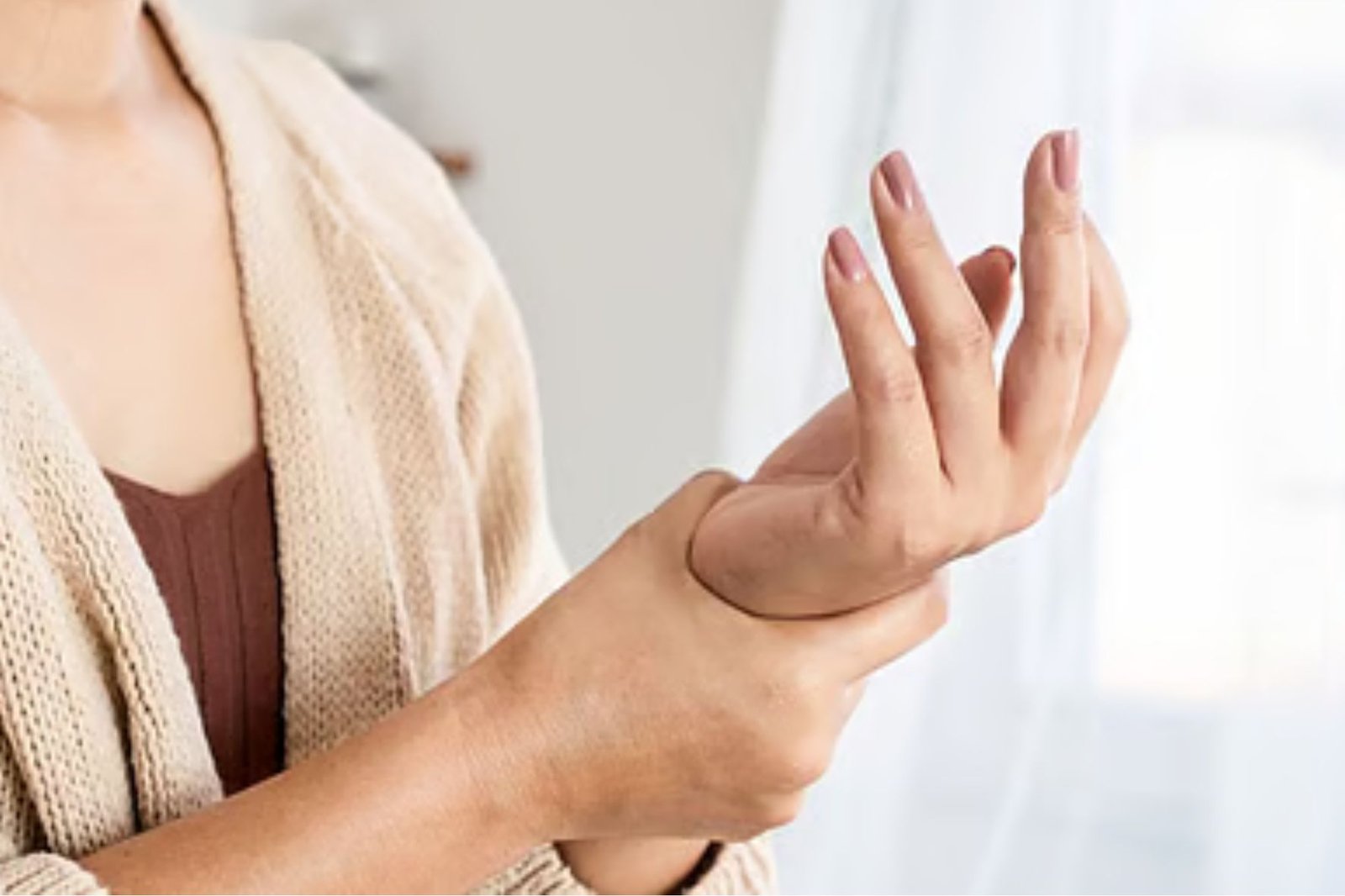
Bone Aches After 30? How Functional Medicine and Diet Can Strengthen Women’s Bones
For many women, turning 30 is a milestone filled with growth, new experiences, and evolving responsibilities. Yet, it is also the age when subtle changes in the body begin to surface. One of the most common and often ignored concerns is bone aches and stiffness. What many women dismiss as fatigue or “normal aging” can actually be an early warning sign of bone health issues. Functional medicine provides a unique perspective on this problem, focusing on the root causes and guiding women toward long-term solutions through diet, lifestyle, and holistic care.
This article explores why women experience bone aches after 30, how functional medicine addresses the issue, and the role diet and lifestyle play in strengthening bones naturally
Why Women Experience Bone Aches After 30
Peak Bone Mass Declines
Women typically reach their peak bone mass by their late 20s. After 30, bone remodeling slows down, meaning the body breaks down old bone faster than it creates new bone. This decline makes bones more prone to weakness and pain.
Hormonal Changes
Hormones, especially estrogen, play a vital role in maintaining bone density. Even before menopause, women may experience subtle hormonal fluctuations in their 30s that affect bone health. Low estrogen levels accelerate bone loss, making aches and stiffness more noticeable.
Nutrient Deficiencies
Modern diets often lack essential nutrients like calcium, vitamin D, magnesium, and vitamin K2, all of which are crucial for bone health. Women in their 30s juggling work, family, and lifestyle stress may not get enough of these nutrients, leading to weakness and pain.
Sedentary Lifestyle
Desk jobs, reduced physical activity, and long hours of sitting contribute to weaker muscles and bones. Without regular weight-bearing exercise, bones lose strength, leading to discomfort and higher risk of osteoporosis later in life.
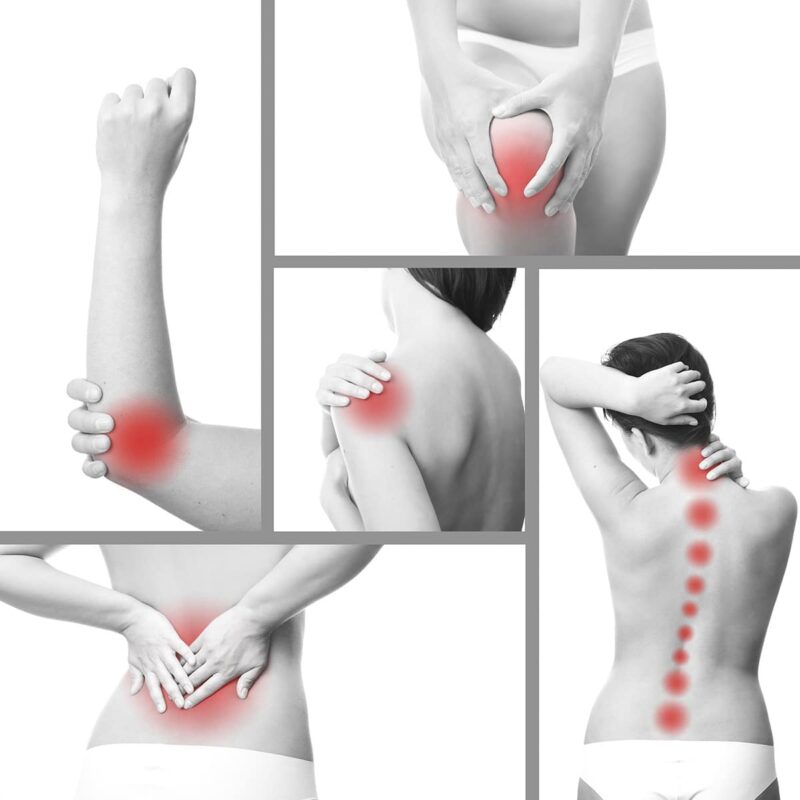
Stress and Inflammation
Chronic stress raises cortisol levels, which can interfere with calcium absorption and weaken bones. Additionally, systemic inflammation from poor diet, lack of sleep, or gut imbalances contributes to aches in both bones and joints.
The Functional Medicine Approach to Bone Health
Functional medicine differs from conventional care because it goes beyond treating symptoms. Instead, it seeks the root causes of bone pain and develops personalized strategies to strengthen overall health. Here are some ways functional medicine supports women experiencing bone aches after 30.
Identifying Root Causes
Rather than prescribing painkillers for bone aches, functional medicine practitioners conduct detailed evaluations. They may check hormone levels, vitamin D status, calcium metabolism, thyroid health, and gut function. This comprehensive testing reveals hidden deficiencies or imbalances contributing to bone pain.
Focus on Gut Health
Gut health plays a surprisingly important role in bone strength. A compromised gut lining or imbalance of gut bacteria can reduce nutrient absorption, leaving the body deficient in calcium, magnesium, or vitamin D. Functional medicine emphasizes restoring gut health so that the body can absorb and utilize nutrients efficiently.
Reducing Inflammation
Chronic inflammation is a silent threat to bones. Functional medicine identifies inflammatory triggers, such as processed foods, excess sugar, alcohol, or food intolerances, and guides patients in removing them. An anti-inflammatory diet and lifestyle help protect bone density.
Personalized Nutrition and Supplementation
Every woman’s body is different, and so are her nutritional needs. Functional medicine provides personalized supplementation plans, including calcium, vitamin D3, magnesium, omega-3 fatty acids, and collagen peptides, depending on test results and lifestyle factors.
Integrative Lifestyle Plans
In addition to diet and supplements, functional medicine emphasizes exercise, stress management, and sleep as equally important factors for bone health. This integrative approach ensures long-term strength and vitality.
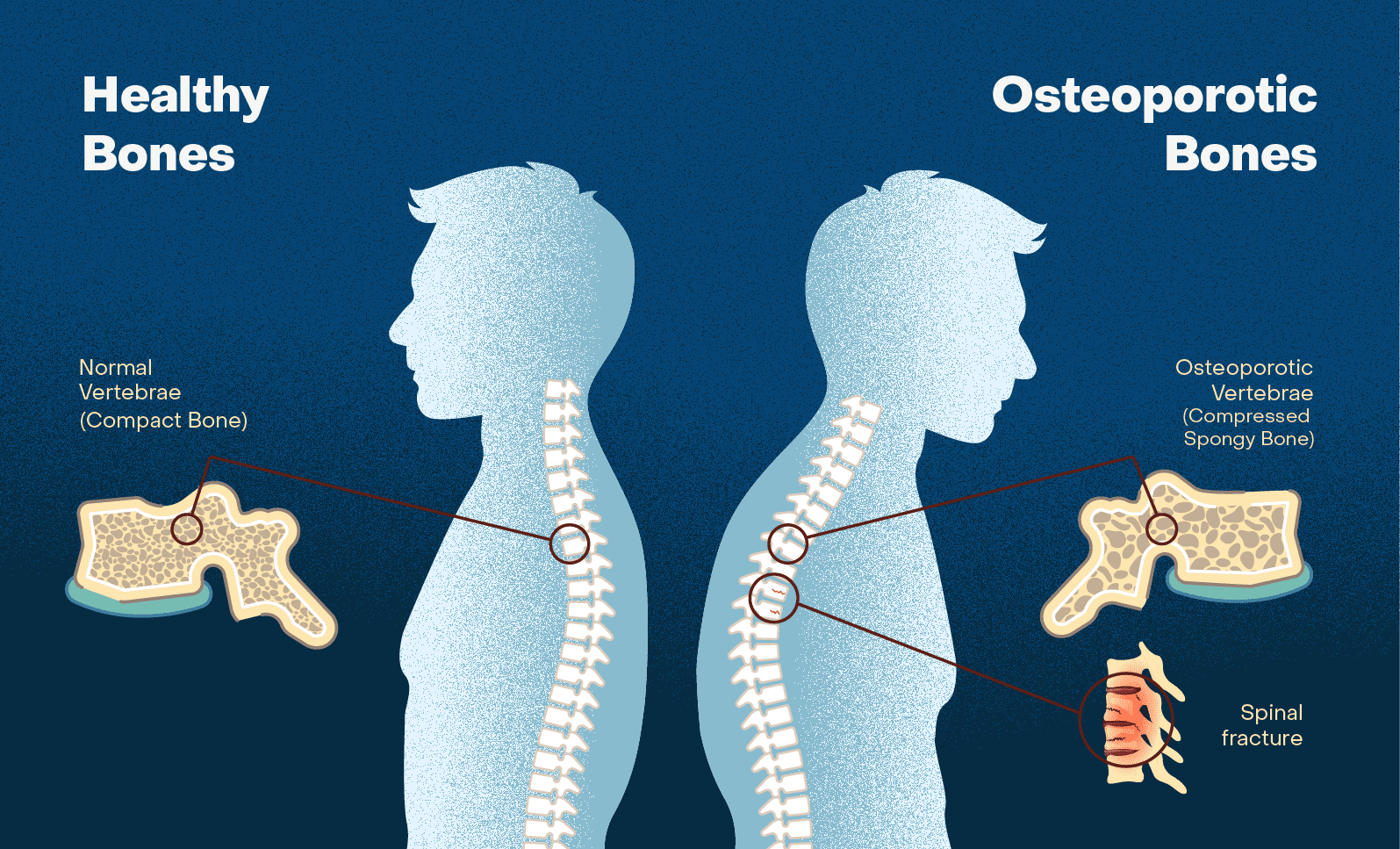
The Role of Diet in Bone Health
Diet is the foundation of bone strength. Women can significantly improve bone density and reduce aches through nutrient-rich foods. Here are the key nutrients and food sources to focus on.
Calcium
Calcium is the most important mineral for bone health, yet many women fall short of their daily requirements. Dairy products, sesame seeds, almonds, leafy greens, and fortified plant-based milks are excellent sources. Functional medicine also stresses pairing calcium with vitamin D and K2 for better absorption.
Vitamin D
Vitamin D is essential for calcium absorption and bone mineralization. Sunlight is the most natural source, but lifestyle factors often limit exposure. Mushrooms, fatty fish, and egg yolks provide small amounts, while supplementation may be required under medical supervision.
Magnesium
Magnesium works with calcium to maintain bone structure. Foods like pumpkin seeds, walnuts, lentils, quinoa, and dark chocolate provide this critical mineral. Deficiency can cause muscle cramps, bone pain, and fatigue.
Vitamin K2
Vitamin K2 directs calcium to bones instead of letting it deposit in arteries. Found in fermented foods like natto, sauerkraut, and cheese, it is often overlooked but vital in functional medicine for bone health.
Protein and Collagen
Bones are not just mineral structures; they also contain collagen, which provides flexibility and resilience. Protein-rich foods like eggs, lean meats, lentils, and collagen supplements help strengthen both bones and joints.
Anti-Inflammatory Foods
Inflammation accelerates bone loss. Diets high in sugar, fried foods, and refined carbs worsen the condition. Functional medicine emphasizes anti-inflammatory foods like turmeric, green tea, berries, olive oil, and leafy greens to protect bones.
Lifestyle Support for Stronger Bones
Diet alone is not enough. Functional medicine combines nutritional support with lifestyle strategies that help maintain bone health after 30.
Exercise
Weight-bearing exercises like walking, jogging, yoga, and strength training stimulate bone formation. Pilates and resistance training are particularly effective in building bone density and reducing the risk of fractures.
Stress Management
Chronic stress depletes bone-supporting nutrients and increases inflammation. Functional medicine recommends practices like meditation, deep breathing, journaling, and mindfulness to keep cortisol levels balanced.
Quality Sleep
Bone remodeling occurs during deep sleep. Poor sleep interferes with healing and contributes to inflammation. Functional medicine emphasizes sleep hygiene practices such as limiting screen time before bed, maintaining a consistent sleep schedule, and creating a restful environment.
Avoiding Bone-Damaging Habits
Excessive caffeine, alcohol, and smoking weaken bones. Functional medicine guides patients in reducing or eliminating these habits to protect long-term bone health.

How Functional Medicine and Diet Work Together
The greatest strength of functional medicine lies in its holistic approach. By combining advanced testing, personalized nutrition, lifestyle changes, and supplementation, it creates a sustainable plan for lifelong bone health. For women in their 30s, this means not only addressing current aches but also preventing osteoporosis and fractures in the future.
Diet provides the building blocks for stronger bones, while functional medicine ensures those nutrients are absorbed and used effectively. Together, they form a powerful strategy to restore balance, reduce pain, and enhance overall vitality.
Conclusion
Bone aches after 30 should not be brushed aside as “normal aging.” They are signals that the body needs attention, nourishment, and balance. Functional medicine, with its root-cause approach, offers women a clear pathway to stronger bones and healthier lives. By focusing on gut health, hormonal balance, nutrient optimization, and lifestyle shifts, women can protect their bones for decades to come.
With the right diet, rich in calcium, vitamin D, magnesium, protein, and anti-inflammatory foods, along with personalized functional medicine guidance, bone aches after 30 can be prevented and even reversed. Strong bones are not just about preventing fractures; they are the foundation of energy, mobility, and independence for the years ahead.
Women deserve to step into their 30s with confidence, knowing that bone aches can be managed and prevented with the right care. Through functional medicine and diet, it is possible to build a healthier, stronger future, one where bones remain resilient, and life continues to be lived with strength and grace.
